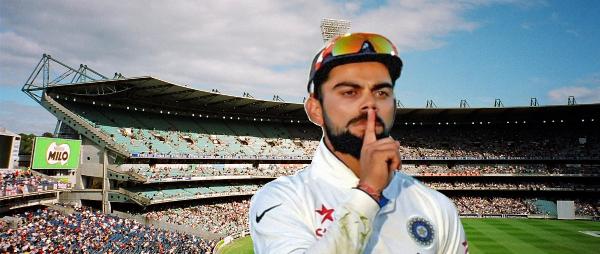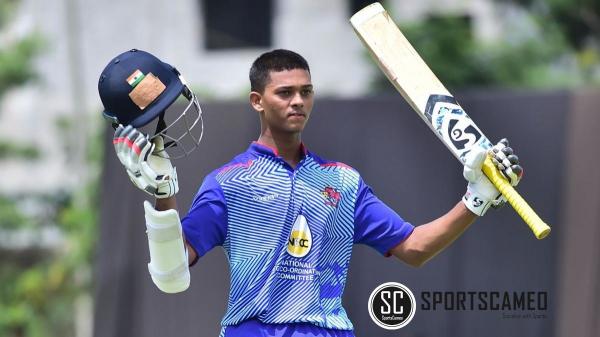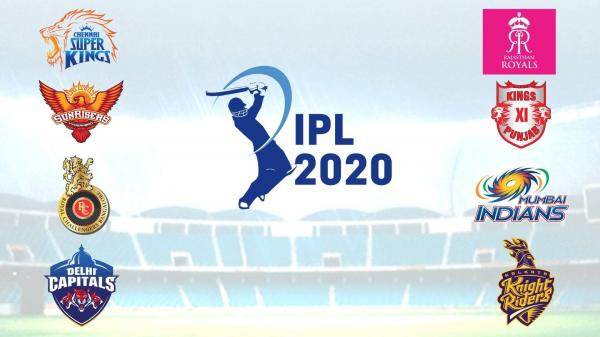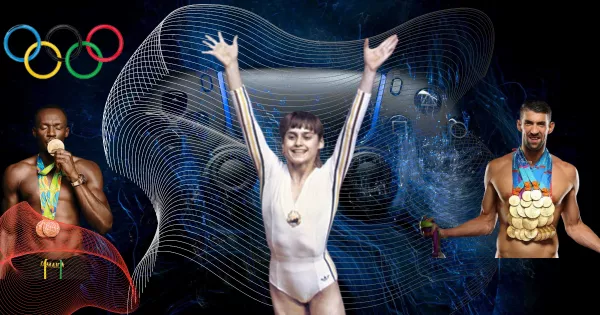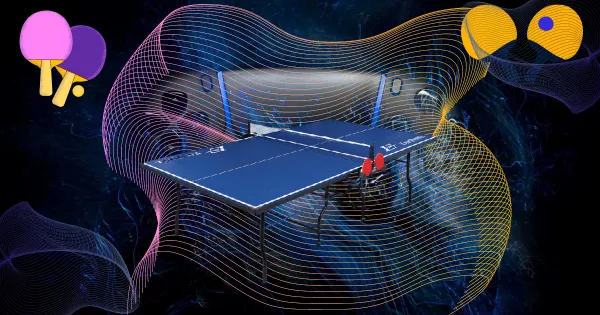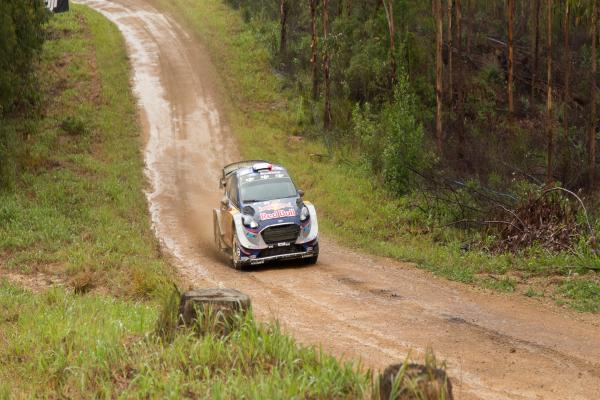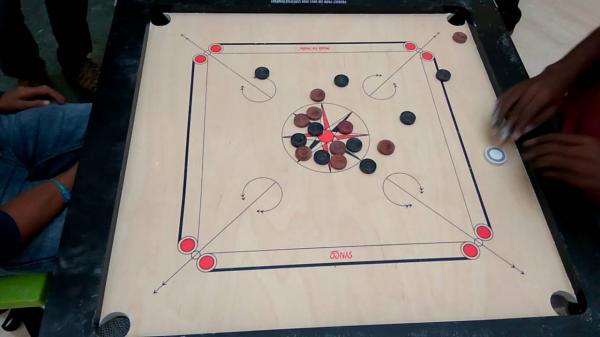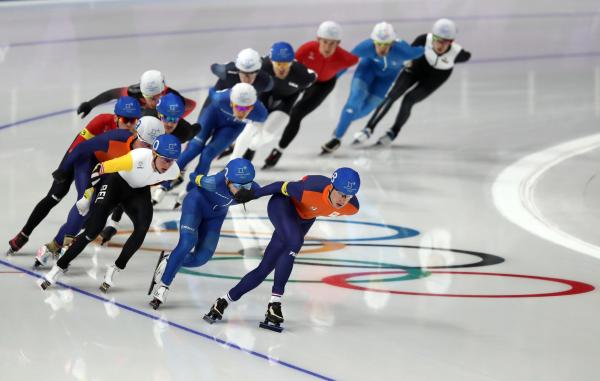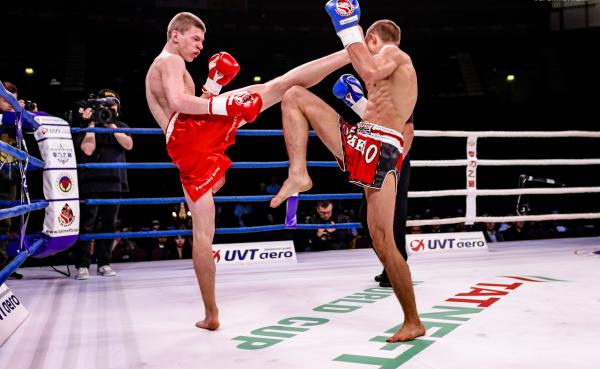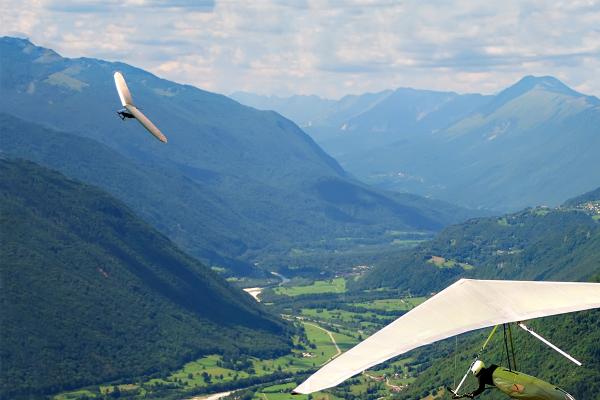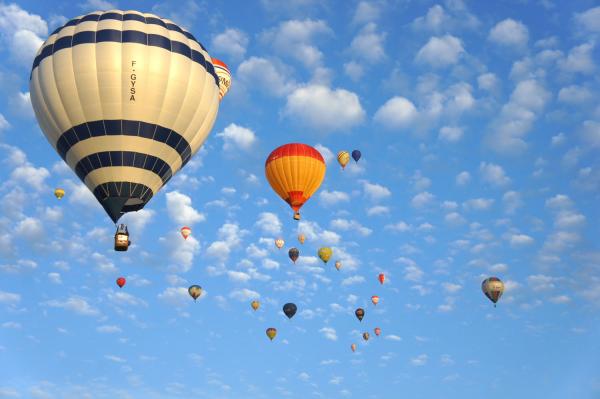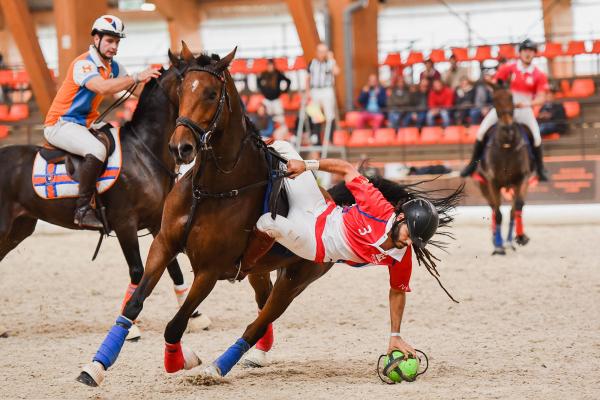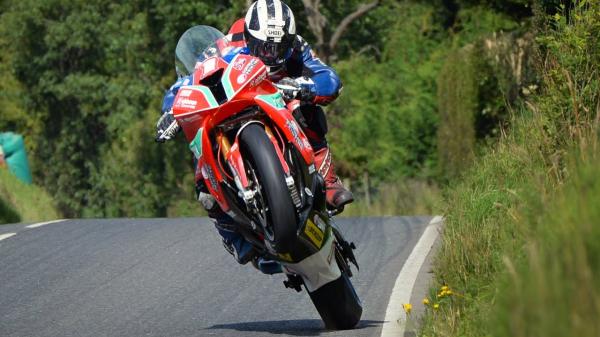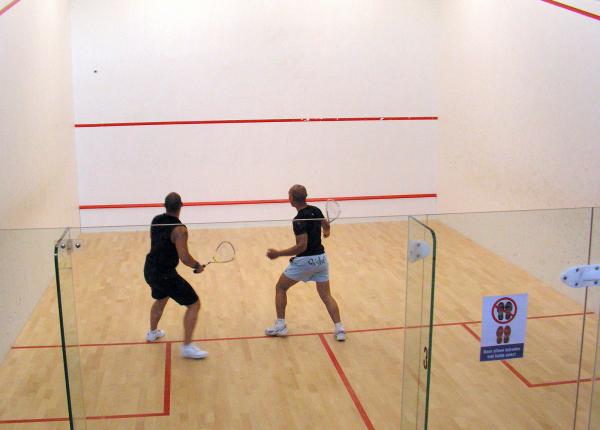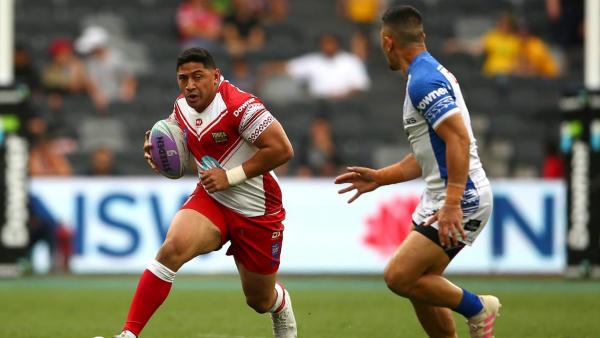Para-Athletics
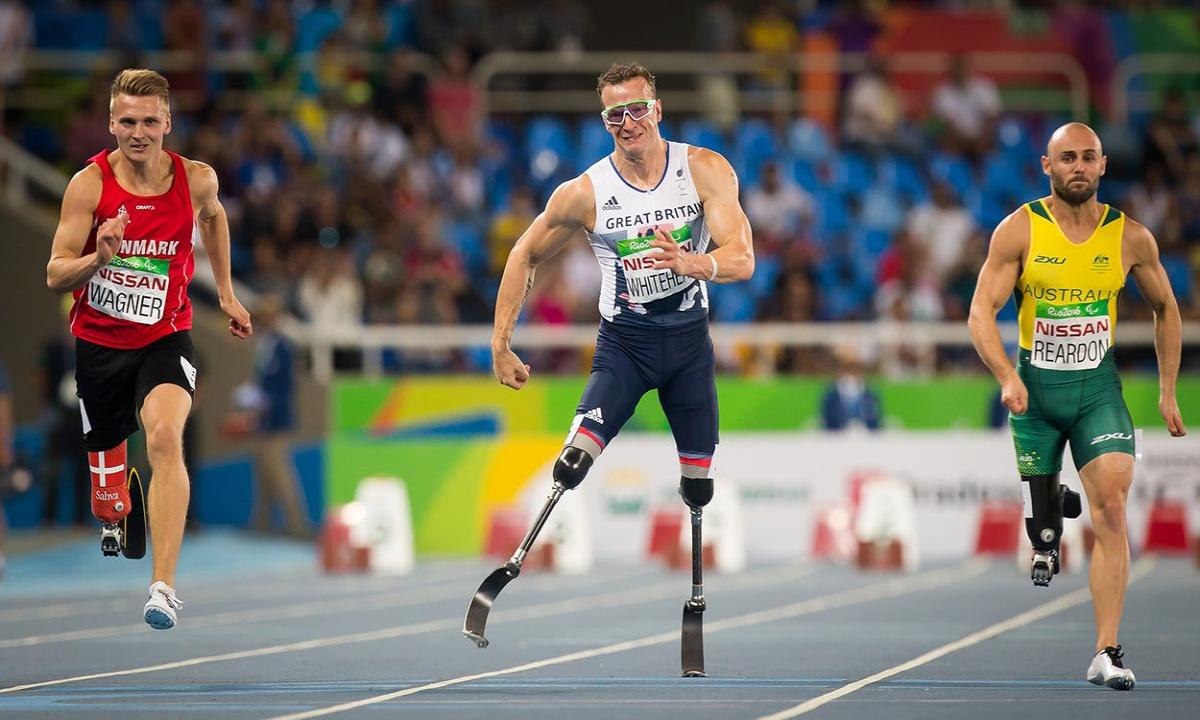
Para-athletics is the sport of athletics practised by people with a disability as a parasport. The athletics events within the parasport are mostly the same as those available to able-bodied people, with two major exceptions in wheelchair racing and the club throw, which are specific to the division. The sport is known by various names, including disability athletics, disabled track and field and Paralympic athletics. Top-level competitors may be called elite athletes with disability. Competitors are typically organised into three broad categories: deaf athletes, athletes with a physical disability, and athletes with an intellectual disability. Deaf athletes typically compete among themselves, while athletes with physical and intellectual disabilities are usually assessed and given a para-athletics classification, which groups together athletes with similar ability levels. These classifications are governed by the International Paralympic Committee (IPC) and comprise a single letter and a number: T for Track or F for Field, then a number defining the level of ability. In competition, events may take place between athletes of identical class if numbers are sufficient, otherwise a range of similar classes may compete in the same event.The Raza point score system can be used in field events to allow athletes of different abilities to directly compete. International governance operates outside of the sport's able-bodied governing body International Association of Athletics Federations (IAAF) and instead is divided among those categories, with deaf athletics overseen by the International Committee of Sports for the Deaf (CISS), para-athletics for the physical disabled principally governed by the World Para Athletics subcommittee of the IPC,and para-athletics for the intellectually disabled through the International Sports Federation for Persons with Intellectual Disability (INAS). There are also condition-specific organisations, such as the International Dwarf Sports Federation.Rules for the sport are adapted from those set forth by the IAAF, with the majority of rules for para-athletics being the same as those for able-bodied competitions, with exceptions that account for competitors' abilities, such as a visual signal instead of a starting pistol in races for the deaf. Paralympic athletics has been one of the sports at the Paralympic Games since 1960,though deaf athletes and athletes with an intellectual disability compete separately at the Deaflympics and Special Olympics World Games, respectively. The three major sport-specific world championships for para-athletics are the World Para Athletics Championships, the World Deaf Athletics Championships and the INAS Athletics Championships. Other major para-athletics competitions are hosted within the IWAS World Games and the INAS Global Games. The name of the sport is derived from a portmanteau of the words Paralympic and athletics – the former term itself is a portmanteau of the words paraplegic and Olympic, though it now describes athletics for all disabilities. Some para-athletics competitors (in particular deaf, visually impaired, and amputee athletes) also compete in the able-bodied division of the sport, though competitions with a mix of elite disabled and able-bodied athletes are not typically classed as para-athletics.
